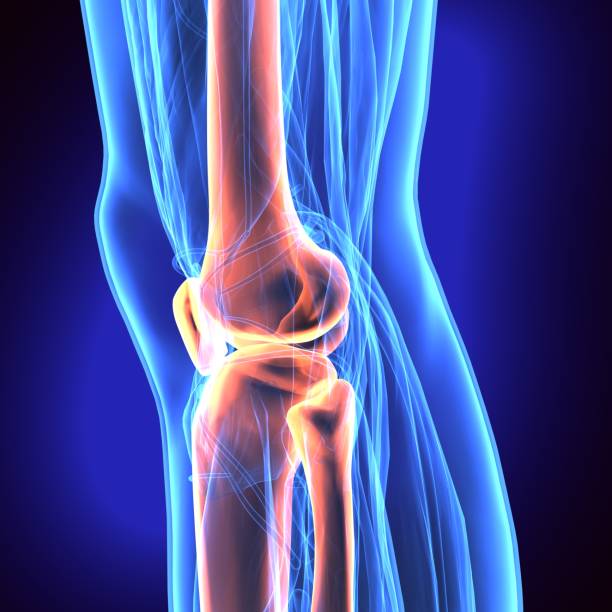NHS Task & Long-term Conditions
The NHS carries out a katy rheumatology of medical task, with substantial amounts of professional episodes every day in addition to more than one million manuscripts being written daily. It is outstanding to assume that in the UK there are 15 million individuals with a with a lasting problem and a substantial percentage of inpatients who have 3 or even more lasting conditions.
It is likewise worth noting that all interventions in the Western World are of limited benefit. As a matter of fact, just 50% of people with long-term conditions could take their medication. We also know that client education and learning and also their active participation in therapy choices have an influence on outcomes as well. This remains in the context of 80% of the NHS costs getting on long-lasting problems.
NHS Challenges
With budget plans decreasing at once of financial situation it is essential that we examine exactly how and what we spend, and also how reliable it is. On top of that, we ought to take every step we can to measure the performance of health care treatments yet more notably seek to enhance the outcome.
There likewise remains unfavorable comments to the solution that the NHS may provide, an example holding true of Ian mri extremity his experiences through articles in The Independent paper. explains the experience of a family members with a kid with a long-term condition.
We likewise need to accept that much of the NHS frameworks are bureaucratic and slow-moving. Decisions entail multiple action in a complicated procedure and it is not constantly feasible to comprehend what worth is included by this action in order to review and propagate modification.
We are mosting likely to share with you a simple tool that has actually been established over a training course of many years to want to get live client feedback and exactly how this has worked in terms of recognizing the individual’s perspective but additionally aiding with group and service development.
A Small Remedy
One small service to the clinical obstacles the NHS encounters may be to make use of live patient responses along with individual briefing as well as debriefing. This tool is based upon the Picker Foundation questionnaire and also has ultimately been simplified to simply two concerns; in the current overview, it has several inquiries, which can be changed with time, however additionally a free message location to ask for additional pointers.
The principle of getting the patient’s responses or involving clients in a different way is not a brand-new phenomenon. Institutions routinely (as part of the CQC assessment) ask 800 people for feedback every year. However, every one of these steps often tend to be some method gotten rid of from actual professional experience of offered client and also an offered medical professional on a given day.
Our Experience
There are obstacles with the real-time patient comments, or comments of any kind of kind, however these are not impossible. There are difficulties of where to start as well as of suffering the person participation with time.
We want to share some experience we have actually gained over the last few months.
We discovered that there is a need for training, together with the requirement to involve and also to entail colleagues to show significance. There might often be framework issues along with other barriers, however seriously there might additionally be worry.
There is a degree of reluctance and also hesitancy in wanting to get individual responses with individuals being unsure of the objectivity or value of the patient responses. There probably may be also negative repercussions.
In the past patient feedback has actually been of a limited exposure, but this is all changing with the Division of Health and Wellness, GMC, person teams, and also the people themselves all settled on the value of responses to the clinical solution.


